At Cambridge Common Writers, we’re always looking to showcase the many talented and accomplished alums who make up our community. In honor of Black History Month, we reached out to a few of our BIPOC authors to ask them about themselves and their writing lives.
Saraciea J. Fennell — Writing for Young People, January ’20
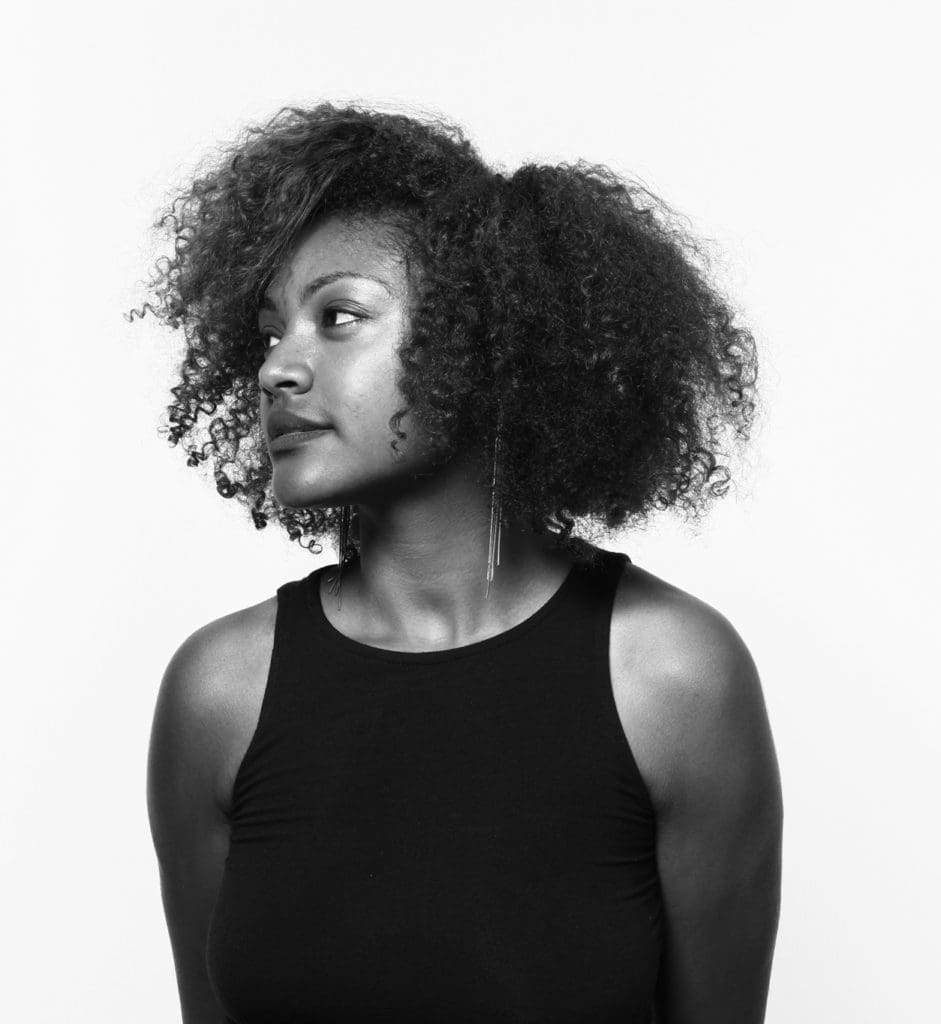
Saraciea J. Fennell is a Black, Honduran, indigenous writer, and social entrepreneur. She is the founder of The Bronx is Reading—Bronx Book Festival, and an award-winning publicist who has worked with many New York Times best-selling authors like Daniel José Older, Tui T. Sutherland, Peter Sís, Bethany C. Morrow, Chris Colfer, Javaka Steptoe, TJ Klune, & many more. She is passionate about books and devours anything sci-fi/fantasy-related in books, TV, and movies. Fennell board chair for Latinx in Publishing, and an Advisory Board member of People of Color in Publishing. The Bronx Times listed her as one of 25 Influential Women of 2018, Bitch Media 50 list for 2018, and was included among Remezcla’s 30 Latinxs who made an impact in 2018. Her forthcoming anthology WILD TONGUES CAN’T BE TAMED will be published by Flatiron Books in September 2021. Visit saracieafennell.com and follow her online @sj_fennell.
What drew you to the Lesley MFA program and what take-aways did you have from it?
I was drawn to the Lesley MFA program because of the faculty. I was eager to study under Jason Reynolds, Tracey Baptiste, and Chris Lynch, who were all teaching at the program when I decided to apply.
I was accepted and began my MFA journey and got to be mentored by all three of those amazing writers as well as David Elliott and A.J. Verdelle. It’s thanks to all of them that I am a better writer today. Special shout out to A.J. Verdelle for working with me on writing nonfiction. It’s something I was extremely scared to do, but found my footing.
The best part of the program was being able to tailor my learning experience, there is no other MFA program that allows you to concentrate on writing for young people while being able to also work with mentors from Fiction, Nonfiction, and Poetry tracks. I am so happy I decided to go to Lesley, and sincerely cherish working with these fabulous writers.
What is your writing process like? Do you have a particular routine or ritual to help you get into the writing zone?
My writing process varies depending on which genre I’m writing. For nonfiction, I like to just free write on whatever topic I decide on, or, by answering a particular question. The draft tends to be very long and messy, but then I go back to it after a few days and will revise, edit, and sift through what sections I’d like to keep and etc. When I’m writing YA, I like to create character profiles so I have a clear sense of what that character is like. Then I’ll begin writing once I have the character’s voice formed in my head. This process can sometimes take forever, so I usually let the character mold itself in my head until I’m ready to transfer to the page. I like to draft on my Alphasmart because it prevents me from going online ha ha ha, and I love revising by hand, with a fancy pencil. There’s just something about writing in the margins that makes me feel like a real writer.
What are some of your favorite books you’ve read in the past year?
It’s been so hard to write and produce this past year, but I’ve really enjoyed reading Samantha Irby’s essay collections, NK Jemisin’s The City We Became, Lilliam Rivera’s Never Look Back, and Bestiary by K-Ming Chang – she’s such a talented writer and that book really blew me away!
Why do you write and what do you like to write about the most?
I love writing because it helps me escape from the real world. I feel in love with books for the very same reason. But I noticed in all of the books I read as a child, and even as an adult, that there were never any Black Honduran girls written in the pages. Don’t get me wrong, I’ve read so many books that feature Black and/or Latinx characters, but I have yet to see a character like me fully reflected. So I’m writing stories about Black Honduran girls and boys, stories where they can be the villains, the heroes, the love interest, and so forth. In my nonfiction work, I’m writing about my life, my struggles with identity, love, loss, and so much more. Most importantly, I’m writing to fill the hole that’s in the literary canon when it comes to Honduran writers, especially in the US.
Who are some of your writing inspirations?
I have so many writing inspirations – but here are just a few, Octavia E. Butler, Elizabeth Acevedo, James Baldwin, Shonda Rhimes, Roxane Gay, Neil Gaiman, Issa Rae, Jordan Peele and oh so many countless others so I’ll just stop here!
If you could get coffee with any writer (dead or alive) who would it be and why?
James Baldwin and Octavia E. Butler. Their writing, the presence that they had in the world, in the literary canon, it’s astounding. I wish I could’ve taken their workshops or classes when they were alive and teaching!
Tell us a fun fact about yourself that does not have to do with writing.
I love ice cream and am always down to try new flavors. I’m obsessed with matcha ice cream, and pistachio!
What are you working on now/Is there anything we can promote?
I’m currently working on a collection of essays that I hope will find a home somewhere soon, and I’m working on my YA fantasy about a Black Honduran girl and a Black Honduran boy who are pitted against each other for the wrong reasons, but will eventually have to team up to save the world. It would be awesome if you could promote my forthcoming anthology, WILD TONGUES CAN’T BE TAMED.

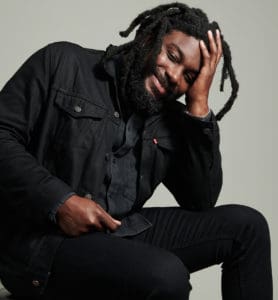
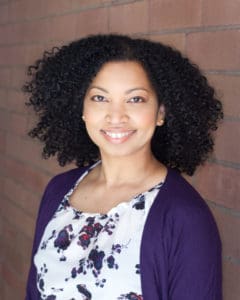
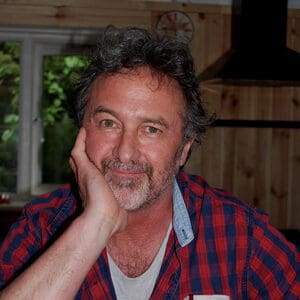

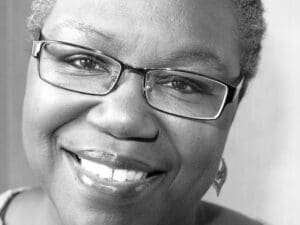



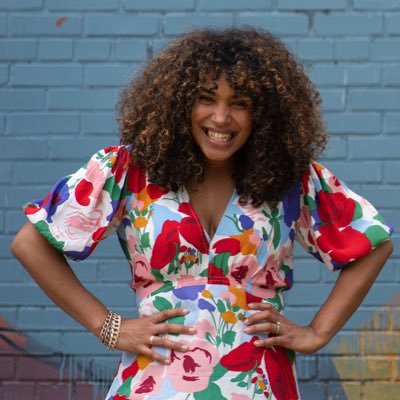






Comments are closed